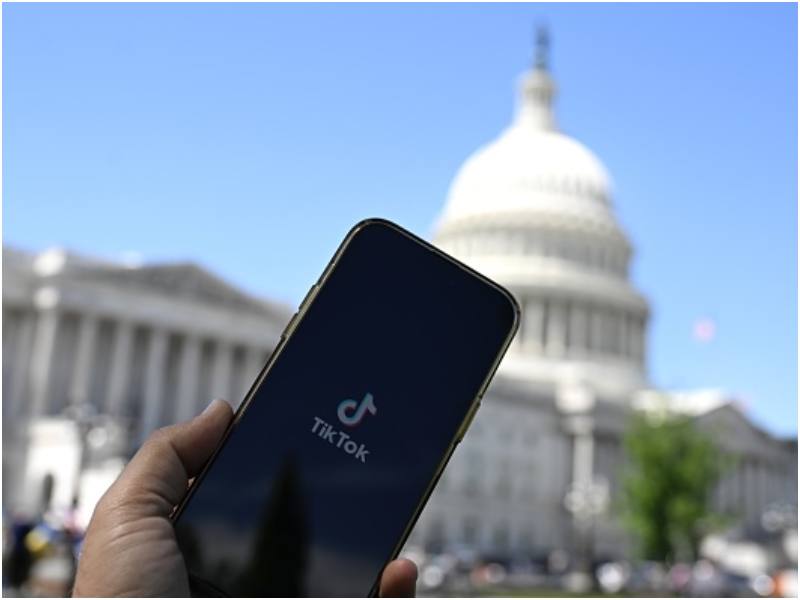On Friday, the Supreme Court appeared inclined to uphold a law that mandates the sale or ban of TikTok in the United States by January 19. The justices delved into national security concerns over China, the driving force behind the crackdown, during about 2.5 hours of arguments.
National Security Fears Dominate Discussions
Chief Justice John Roberts questioned TikTok’s legal team, emphasizing the potential for China’s government to exploit the platform for intelligence purposes. “Are we supposed to ignore that the ultimate parent is subject to doing intelligence work for the Chinese government?” Roberts asked Noel Francisco, the lawyer representing TikTok and ByteDance.
The companies, along with TikTok users, had previously sued to block the law passed by Congress and signed by outgoing President Joe Biden. However, the Biden administration defended the law, arguing its necessity for national security. Despite concerns over free speech, the justices seemed more preoccupied with the risks of data exploitation by China.
Conservative Justice Brett Kavanaugh highlighted potential long-term risks, pointing out how China could use gathered data to influence or blackmail individuals who may later work in sensitive government positions.
Free Speech Concerns Clash with Security Issues
Although some justices, including Liberal Justice Elena Kagan, expressed worries about free speech implications, they acknowledged the gravity of national security threats. Kagan raised a hypothetical Cold War scenario, questioning whether Congress could have forced the American Communist Party to sever ties with the Soviet Union in the 1950s.
Kagan argued that the law targets ByteDance, a foreign corporation without First Amendment protections. However, she also challenged U.S. Solicitor General Elizabeth Prelogar, pointing out historical parallels and the complexities of content manipulation concerns.
Francisco emphasized that TikTok, a popular platform for Americans, would essentially shut down on January 19 without divestiture. He urged the court to consider a temporary hold on the law, allowing further deliberation and potentially resolving the case under the incoming Trump administration.
Political Dynamics and Potential Outcomes
With rising trade tensions between the U.S. and China, the case has garnered significant attention. President-elect Donald Trump, set to begin his second term on January 20, opposes the ban and has requested the court to delay the January 19 deadline. He aims to pursue a political resolution once in office.
Francisco argued that forcing TikTok to divest would be akin to compelling Jeff Bezos to sell The Washington Post under duress, infringing on constitutional rights. Prelogar, however, maintained that TikTok’s data collection poses a grave threat, granting China the ability to manipulate the platform for geopolitical gains.
Ultimately, the Supreme Court may consider an administrative stay, temporarily freezing the law while justices deliberate on the best course of action. The decision could set a significant precedent, balancing national security concerns against free speech rights in the digital age.

